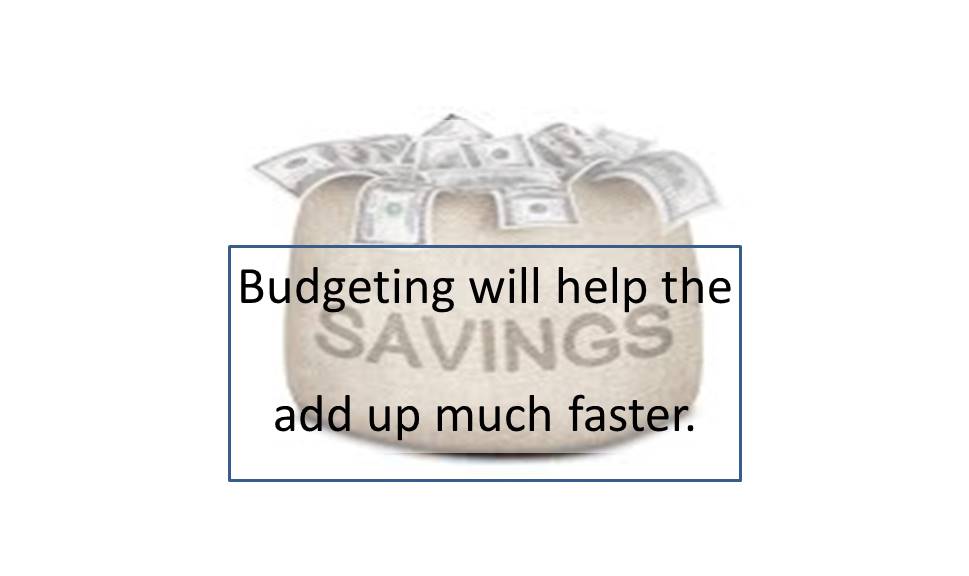Personal Finance Tips to Financial Freedom and Peace of Mind…Are you ready to take control of your financial future and achieve financial freedom and peace of mind? Having worked in lending and finance for 30-plus years we will explore the top essential personal finance tips.
These tips will help you build a solid foundation for your financial success. From budgeting and saving to investing and planning for the future, these tips will empower you. These tips will give you more peace of mind and how to make informed decisions and take charge of your financial well-being.
Whether you are just starting your financial journey or looking to level up your money management skills, these tried-and-true strategies will set you on the path to financial freedom.
What Financial Freedom is…
Financial freedom is a state of being where you have enough money to support your desired lifestyle. This is so that you have no stress about meeting your basic needs or being burdened by debt i.e. you will have peace of mind.
It allows you to have the freedom to make choices that align with your values and goals, whether it’s pursuing your passions, traveling the world, or spending quality time with your loved ones.
Achieving financial freedom requires discipline, dedication, and a clear understanding of your financial situation. By implementing the following personal finance tips, you will be well on your way to achieving financial independence.
Budgeting and Tracking Expenses
We have talked about this before and our advice is still the same regarding your efforts in budgeting and watching your expenses.
One of the most fundamental steps toward financial freedom is creating a budget and tracking your expenses. A budget helps you understand where your money is going and allows you to allocate your income toward your priorities.
Start by listing your monthly income and fixed expenses such as rent, utilities, and loan payments. Then, allocate a portion of your income towards savings, investments, and discretionary expenses.
Tracking your expenses is crucial to ensure that you stay within your budget.
Use budgeting apps or spreadsheets to record your spending and review it regularly. This practice will help you identify areas where you can cut back and save more money.
Saving and Investing for the Future
Saving and investing are key components of building wealth and achieving financial freedom.
Start by setting aside a percentage of your income each month for your savings. It is important to save at least 20% of your income but adjust the amount based on your financial goals and circumstances.
Create an emergency fund to cover unexpected expenses, such as medical bills or car repairs. Once you have built your emergency fund, consider investing your savings to grow your wealth over time.
Explore different investment options such as stocks, bonds, mutual funds, or real estate. Consult with a financial advisor to determine the best investment strategy for your goals and risk tolerance.
Managing Debt and Credit
Debt can be a significant obstacle to financial freedom. It’s essential to manage your debt wisely and avoid accumulating high-interest debt. Start by paying off high-interest debts, such as credit card balances or personal loans.
Prioritize making extra payments towards these debts to reduce the overall interest you pay. Consider consolidating your debts into a lower-interest loan if it makes financial sense.
Additionally, establish a good credit history by paying your bills on time and keeping your credit utilization low. A good credit score will open doors to favorable interest rates and financial opportunities in the future.
Setting Financial Goals
Setting clear financial goals is crucial for achieving financial freedom. Determine what you want to accomplish financially and establish both short-term and long-term goals.
Short-term goals could include paying off debt or saving for a vacation, while long-term goals may involve purchasing a home or retiring early.
Make your goals specific, measurable, attainable, relevant, and time-bound (SMART). Write down your goals and create a plan to achieve them.
Track your progress regularly and make adjustments as necessary. Having well-defined goals will keep you motivated and focused on your journey toward financial freedom.
Building an Emergency Fund
Life is unpredictable, and having an emergency fund is essential to protect your financial well-being. An emergency fund provides a financial safety net when unexpected expenses arise, such as medical emergencies or job loss.
Aim to have at least 3-6 months’ worth of living expenses saved in your emergency fund. Start by setting a realistic savings goal and contribute to your fund regularly.
Consider automating your savings by setting up automatic transfers from your paycheck to your emergency fund. Having an emergency fund will give you peace of mind and help you avoid going into debt when unexpected situations occur.
Protecting Your Assets through Insurance
Insurance is a crucial component of a solid financial plan. It protects your assets and provides financial security in case of unexpected events.
Evaluate your insurance needs and ensure you have adequate coverage for your home, car, health, and life. Research different insurance providers to find the best coverage options at competitive rates.
Review your policies regularly to make sure they align with your current needs and circumstances.
By safeguarding your assets through insurance, you can protect your financial stability and avoid significant financial setbacks.
Maximizing Income and Finding Additional Sources of Income
Increasing your income is an effective way to accelerate your journey toward financial freedom. Look for opportunities to maximize your income within your current job or career. Consider acquiring new skills or certifications that can lead to promotions or salary increases.
Additionally, explore alternative sources of income, such as freelancing, starting a side business, or investing in income-generating assets.
Diversifying your income streams will provide you with more financial stability and the ability to save and invest more toward your goals.
Seeking Professional Financial Advice
Navigating the complex world of personal finance can be overwhelming, and seeking professional advice can be invaluable. Consider consulting with a financial advisor who can provide personalized guidance based on your unique circumstances.
A financial advisor can help you create a comprehensive financial plan, optimize your investment strategy, and assist in making informed decisions about major financial milestones, such as buying a home or planning for retirement.
Choose a reputable advisor with a fiduciary duty to act in your best interest. Remember, investing in professional guidance can save you time, money, and stress in the long run.
Conclusion
Achieving financial freedom is a journey that requires discipline, knowledge, and strategic planning. By implementing these essential personal finance tips, you will be well on your way to building a solid financial foundation and unlocking the doors to a brighter future.
Remember to be patient and persistent in your efforts. Financial freedom may not happen overnight. However, with determination and the right strategies, you can take control of your financial life and achieve the financial freedom and peace of mind that you deserve.
Start today and make the commitment to transform your financial future. The time to embark on your path to financial freedom is now!



